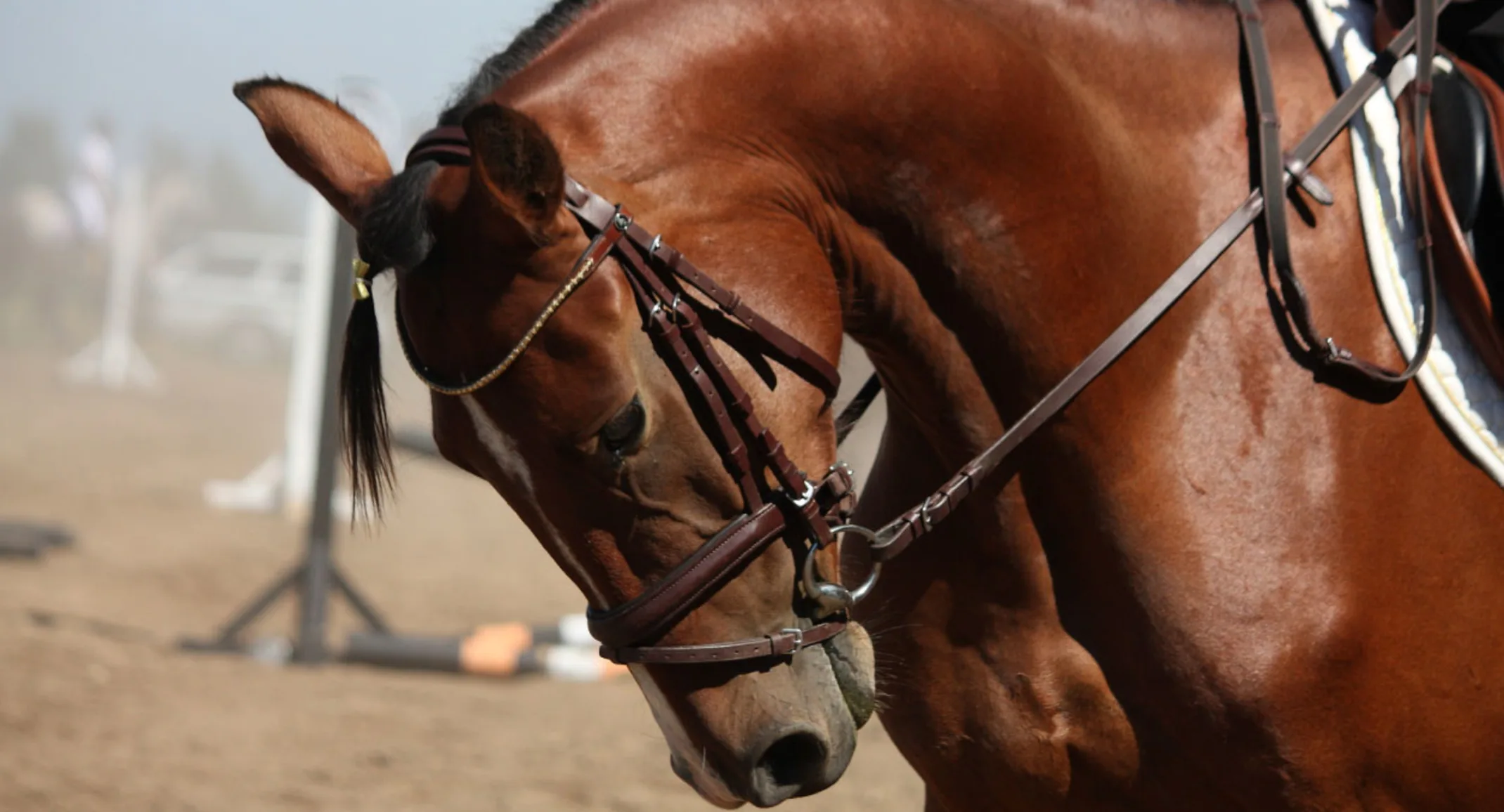Eastern Equine Encephalomyelitis (EEE)
Equine

Neurologic Horses in New York State Confirmed to Have Eastern Equine Encephalomyelitis (EEE)
Eastern Equine Encephalomyelitis, or EEE, has been gaining attention due to recently confirmed cases in New York State. Horses affected by EEE have presented with neurologic signs, including but not limited to blindness, incoordination, trouble standing or walking, aggression, head-pressing, and difficulty eating. These horses often demonstrated fever and depression as well. In some cases, a horse may show no obvious signs of illness until fulminant disease develops, resulting in death. The vast majority of EEE-infected horses do not survive.
Other diseases that cause similar signs in horses include Western Equine Encephalitis, Venezuelan Equine Encephalitis, West Nile Virus, Equine Herpes Virus, botulism, tetanus, and rabies. Each of these diseases is usually fatal without intensive supportive care, which often requires hospitalization. None of these diseases have a specific cure. Venezuelan Equine Encephalitis and rabies are transmissible to humans and other horses. Equine Herpes Virus is highly contagious among horses. It is very important that any horse suspected to have neurologic signs be evaluated promptly by a veterinarian to determine the appropriate treatment for the horse and to determine how to keep other horses and people in contact with the sick horse safe.
Eastern Equine Encephalomyelitis, like many equine neurologic diseases, is transmitted to horses from infected mosquitoes. Given that the disease is vectored by insects, a horse in any state that has mosquitoes is at risk for EEE unless they are vaccinated. Annual vaccination is highly effective at preventing this rapidly progressing disease which has no cure.
If you are unsure of your horse’s vaccination status, please contact your veterinarian to discuss which vaccines are appropriate for your horse. It is safe to booster your horse’s vaccination and immunity at any time of the year. A booster vaccination is highly recommended if your horse is near an outbreak area or if there is any question as to which vaccines your horse has received. Many of the other neurologic conditions listed above may also be prevented with regular vaccination.
